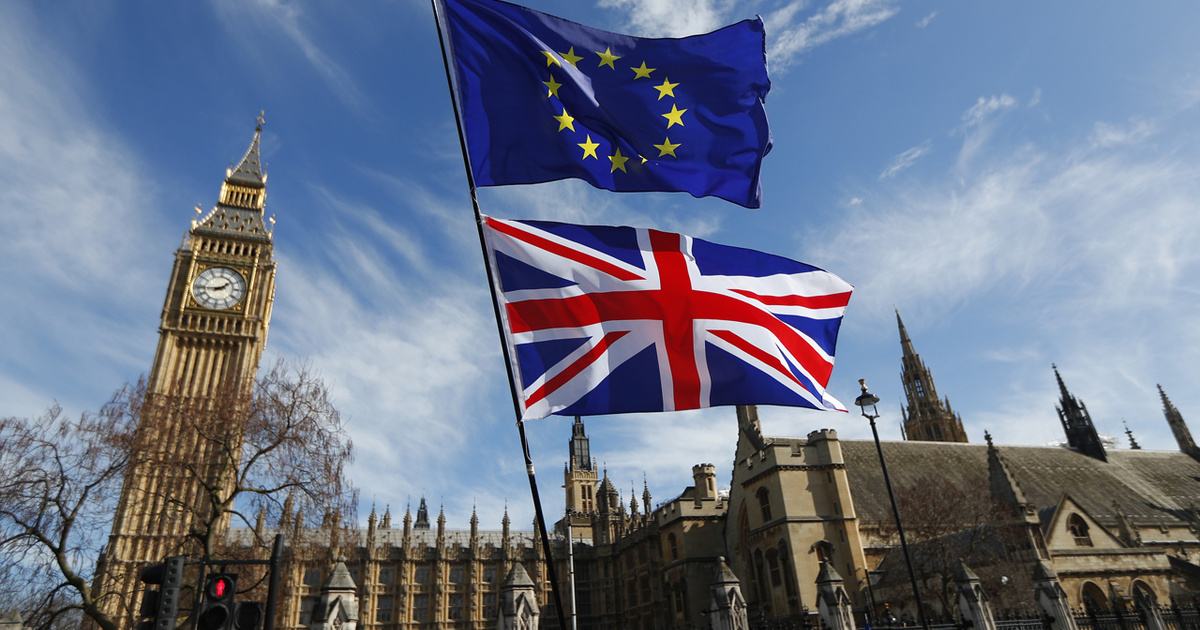1. Brexit Referendum (2016):
- In June 2016, a referendum was held in the UK, in which a majority of voters chose to leave the EU. This decision set the stage for the Brexit process.
2. Article 50:
- The UK triggered Article 50 of the Lisbon Treaty in March 2017, officially beginning the process of leaving the EU. This initiated a two-year negotiation period.
3. Withdrawal Agreement:
- Negotiations between the UK and the EU led to the signing of a Withdrawal Agreement in November 2018. It outlined the terms of the UK's departure, including a transition period that lasted until the end of 2020.
4. Transition Period:
- During the transition period, the UK continued to follow EU rules while both sides negotiated a future trade agreement. The transition period ended on December 31, 2020.
5. Trade and Cooperation Agreement:
- On December 24, 2020, the UK and the EU reached a Trade and Cooperation Agreement, governing their future relationship. It covers trade, security, and various other aspects of cooperation.
6. Implications for Trade:
- The Trade and Cooperation Agreement allows for tariff-free and quota-free trade in goods between the UK and the EU. However, new customs checks and regulatory barriers were introduced, impacting businesses and supply chains.
7. Northern Ireland Protocol:
- The protocol addresses issues related to Northern Ireland, keeping it aligned with certain EU rules to avoid a hard border with the Republic of Ireland. It has been a contentious issue in UK-EU relations.
8. Changes in Immigration:
- Brexit resulted in changes to immigration rules, affecting the movement of people between the UK and the EU.
9. Financial Services:
- The agreement does not provide the same level of access for UK financial services to the EU market as before, impacting the financial sector.
10. Impact on EU Citizens in the UK and UK Citizens in the EU: - Both the UK and the EU have made provisions for the rights of their citizens residing in the other party's territory.
11. Ongoing Disputes: - Disagreements and disputes continue to arise, including issues related to fishing rights, governance of the agreement, and regulatory alignment.
12. Evolving Relationship: - The UK-EU relationship is expected to continue evolving as both sides adjust to the new post-Brexit reality. Further negotiations and adjustments may be necessary.
13. Global Implications: - Brexit has implications for the UK's relationships with other countries and organizations, as it seeks to establish its place in the world.
14. Internal UK Dynamics: - The Brexit process has also had political and economic implications within the UK, including debates on the future of Scotland and Northern Ireland in the Union.
Brexit represents a significant shift in the UK's relationship with the European Union, with a complex set of consequences for both parties. As time goes on, the full impact of Brexit and the ongoing evolution of this relationship will become clearer. It will continue to be a topic of discussion and negotiation in the years to come, shaping the future of the UK's place in the world and its interactions with its European neighbors.




Comments (0)